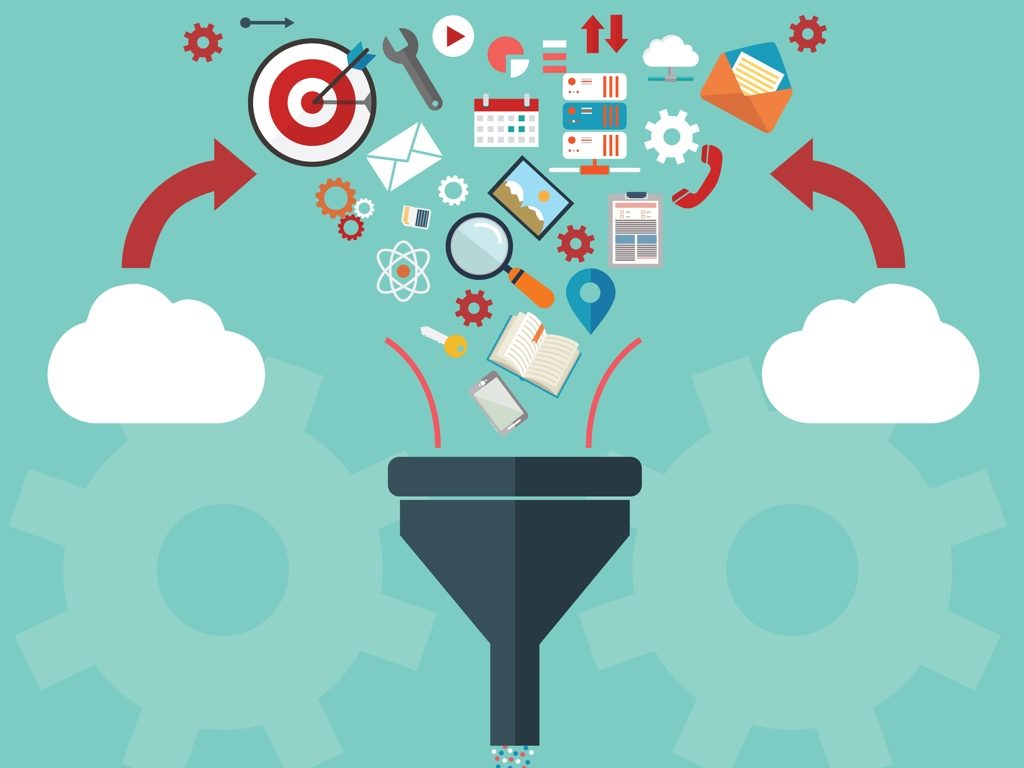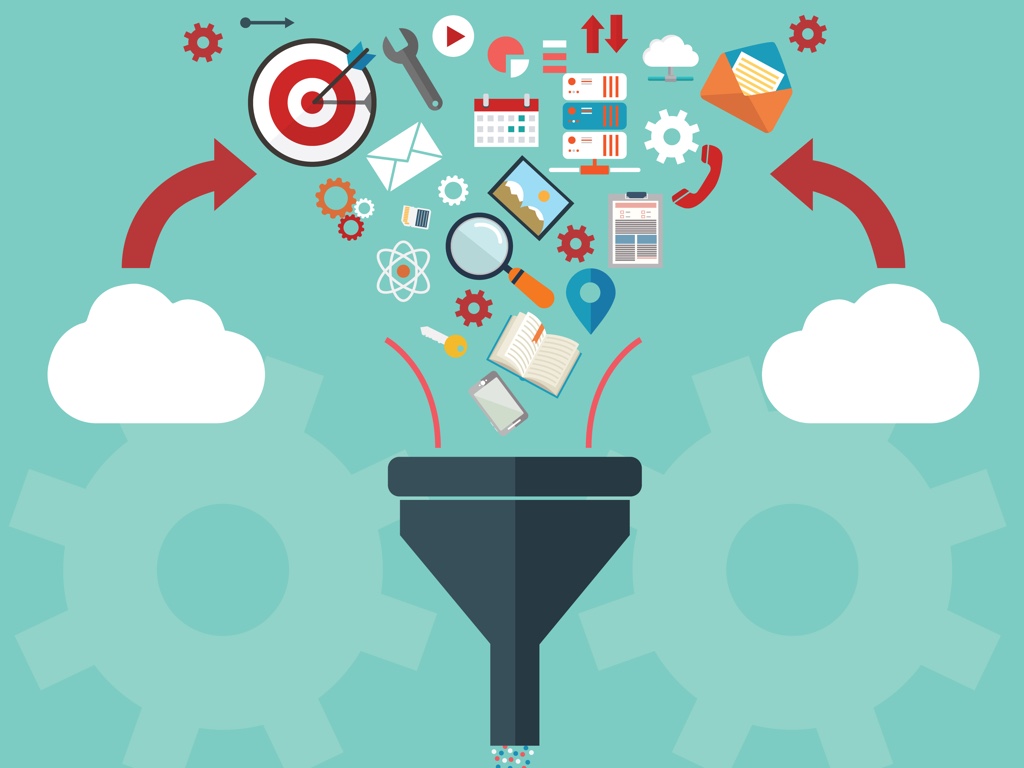With so much data being collected every minute of the day, it’s easy to say that Big Data is getting bigger. But how do businesses access them?
Apart from the data collected by the organisations themselves, it is very difficult to get reliable and accurate data. Poor data quality and accuracy is a major obstacle to the success of company’s analytics efforts.
Why Do Businesses Need Data Vendors?
According to a Gartner research, 52 percent data users have claimed that they often turn to third-party service providers to help fill the gaps in the data provided. Data quality remains critical here, but very few organisations identify the issue and take a proactive approach to address the need.
Most government websites such as Data.gov.in, provide free and reliable data. However, one of the disadvantages of these official websites is that the information tends to be dated. Other government open data sources provide information about individuals under limited circumstances related to government activity — licensing, property transactions, and permits, among others. This may not work out for organisations with a dynamic environment that work with real-time information.
This is where data vendors come in. These national and international organisations focus primarily on individual consumer interests, spending, finance and demographics.
Most data brokers have been involved in cataloging, understanding and documenting consumer preferences since a long time. And with the advent of the internet in the 21st century, they have been working their way to provide information to businesses for deeper consumer insight.
The information brokers take raw data from their sources and put it into their proprietary systems to manipulate into more useful information. Data vendors sell this manipulated data to players within an industry who will use the data provided to make decisions. Each data vendor decides how much data he will pull together to then redistribute to its customer base.
The Data Vendors Can Be Broadly Classified As Follows:
- Market Data Vendors:
Market data vendors gather information on a varied of subjects such as stock exchange transactions, regulatory filings, state of economic affairs in any particular geographical area, and other financial instruments. This data is mainly used by financial firms, traders, and investors. This data is then safely stored in the vendor’s systems, and only distributed once it is formatted and cleaned up. Financial data is usually sold based on how and where the client intends to use the information. Based on that, the delivery method — frequency and transfer, is determined. Bloomberg, Thomson Reuters and Moody’s analytics are some of the firms that deal with market data.
- Personal Finance Data Vendors:
A person’s bank balance details, his spending pattern and credit ratings is one of the most highly-guarded data in the industry. It is of no surprise then, that most major data vendors focus primarily on individual consumer financial data, spending and demographics. Most major data vendors such as Experian and Acxiom deal with personal financial data.
- Consumer Data Providers:
These vendors specifically provide information about the buying, selling, and other patterns of a consumer. This data, also called as commodity data, is usually collected by smaller data vendors or divisions within larger data processing companies. It is then sold to industry participants. The consumer/commodity data can further be divided into FMCG, natural gas, water and electricity consumed by the user.
- Online Behavioural Data:
Online businesses and marketers are interested in using in acquiring data regarding a person’s online behaviour — the number of visits to a site, top searches completed on search engines, ‘favourite’ and bookmarked sites, among others. Data vendors collect this information and analyse it into numbers valuable products to be sold to online sales and marketing companies. Certain big market participants collect so much information of their own that they can in turn this information over to other companies without breaching any specific privacy policies.
- Media Data Providers:
Companies such as Neilson and Thomson Reuters provide data, insights and analysis to media organisations all over the world. This data is then assesed and conclusions are drawn by the respective media houses. While some of the data is freely available for everyone, key findings are sold only to media outlets who subscribe for the data.
- Weather Data:
One of the key sources for finding quality data related to past weather conditions and future predictions, is the India Meteorological Department. From their weekly, monthly and yearly surveys, it is easy for business organisations to keep a track of the weather in a particular city, state in the country. Most of the data displayed on the website is observational, and has been recorded at various types of surface and upper air observatories, scrutinised and archived. The National Data Centre, Pune. The Centre has a powerful computer system with peripheral devices for transferring the data from manuscripts to magnetic and electronic media for electronic data processing and archival. Reportedly, the IMD archives have over eight billion characters of data storage which includes ship data and rainfall data of State raingauges spanning over a century. Most media outlets as well as businesses rely on this government data to make crucial decisions.
- Other Data Providers:
From purchase patterns to expenditure history — these vendors deal with the basic data of a user. Rudimentary information such as names and email addresses are also sold to other organisations for newsletters and other online/offline campaigns which don’t necessarily revolve around direct sales or marketing.
Conclusion:
Business analysts determine market trends, performance data, and even present insights to executives that will help direct the future of the company. And as the world becomes even more data-driven, it is vitally important for business and data analysts to have the right data, in the right form, at the right time so they can turn it into insight.






















